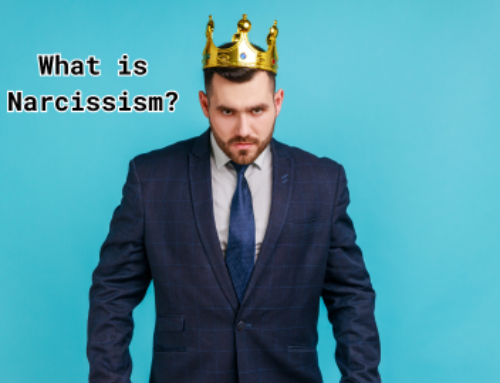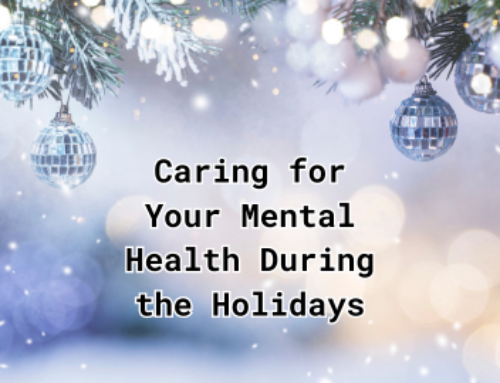The Facts on Phobias
More Than Fear
Phobias are a particularly unsettling form of anxiety and source of much distress to sufferers. What is a phobia, what forms do phobias take, and what can be done about them? Can they be reduced or eliminated? There are resources available, and things tend to be less frightening once they are better understood.
What Is a Phobia?
It’s normal to have things that scare you. Most of us are scared of something. Some common fears are heights, dark spaces, enclosed spaces, creatures like spiders and snakes, public speaking, and social rejection. But a phobia takes it one, or several, steps further. A phobia is an intense fear of something, whether it be animate, inanimate, a situation, etc. Phobias can also be fear of things that seem normal, benign, or odd to others, like a phobia of feathers (pteronophobia) or cheese (turophobia).
Effects of Phobias
A phobia can consume someone’s attention and dictate their behaviors, even in daily life. A person with a phobia of the dark (nyctophobia) may be unable to sleep in a dark room or go out at night. Phobias can also be troublingly complex. For example, agoraphobia. Agoraphobia is often called a fear of open or public spaces, but that is only one part of the phobia or one way it manifests. A person with agoraphobia is likely more afraid of being trapped without knowing where an exit is, getting lost, or getting into a bad situation in an unfamiliar environment or one where help is not available.
This causes many sufferers to stay home or in a familiar environment where they feel safe. Phobias can be more or less severe. The agoraphobia sufferer may be able to go out to certain places or go out with a companion, but a more severe sufferer may be confined to their home, unable to work or socialize outside of their home.
What Can Be Done About Phobias?
Sometimes a phobia can be reduced by treating any comorbid mental illness, like anxiety, MDD, etc. We offer transcranial magnetic stimulation (TMS) specifically to help with treatment resistant MDD. Try our telepsychiatry services for care in your home.
Talk therapy can be very helpful in discovering and dissecting the causes of phobias. As mentioned, once something is understood, it often becomes less frightening. The concept ceases to have as much power over sufferers. Sometimes a phobia can be linked to a traumatic event. The aforementioned agoraphobia sufferer may have gotten lost in an unfamiliar place as a child, been abandoned, or abducted, etc. Some can’t be explained.
Exposure therapy can be appropriate in some cases. It takes careful planning, support, and controlled environments for this to be a good idea. For the agoraphobia sufferer we talked about above, that person might try reading on their balcony or gardening in the back yard.
Freedom from Fear
If you have a fear that’s affecting your daily life, there is help. You are not strange or weak for having a phobia, and you deserve support. Talk with your physician and any therapist and/or psychiatrist you are working with. As always, you can reach out to us any time. If you need immediate support, these hotlines are here for you.



